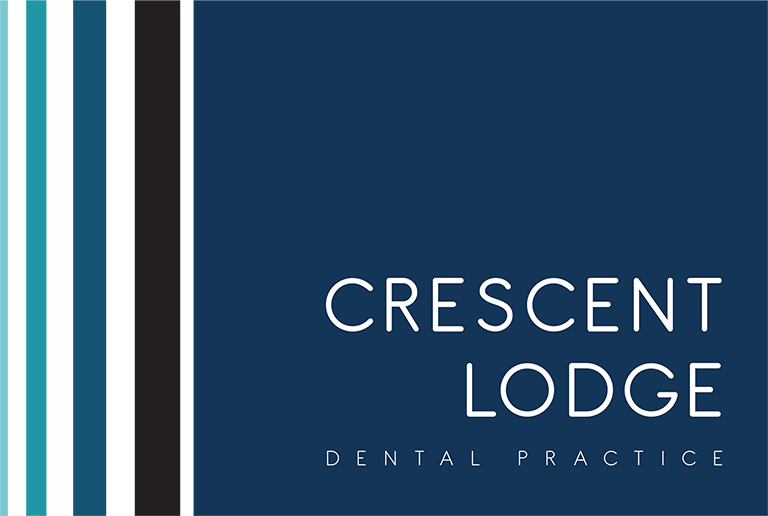7th September 2020
Signs & Symptoms Of Tooth Decay
Tooth decay is a big problem among the population and can lead to tooth loss in the most serious cases. It’s caused by both the outer layer of tooth enamel, and the bony dentine tissue behind it, being worn away through sugars and acids. It can also be caused by poor dental hygiene, which normally works to combat their effects.
Here at our Clapham Common dental practice, our Dentists work hard to create healthy, happy smiles for our patients, whatever their background. Sometimes, dental decay can be prevented or avoided, but there are also signs that decay has started to set in – which is what we’ll cover in this post.
What is dental decay?
The decay causes holes (cavities or caries) to form, which can affect the deeper layers of the tooth over time. It may result in tooth loss, but at the very least, you can expect sensitivity and discomfort, and possibly infection.
How does decay start?
It starts with a build-up of plaque on the teeth. This is a thin film of bacteria that reacts to sugars and acids in foods. This in turn effectively eats away at the enamel.
How do I know if I have it?
Your Dentist can carry out X-rays on your teeth to check for cavities. You may also experience sensitivity when eating certain food types (such as sweet or hot foods), a clue that the dentine of the tooth has become affected. Eventually, this can lead to toothache, which may need painkillers to manage.
What can I do to prevent tooth decay?
A sugary diet can be one of the biggest causes of tooth decay. Even sugars from the fruit can pose a problem, and lots of foods, such as seemingly innocuous breakfast cereals and even bread, can contain ‘hidden sugars. Our Dentists here at our Clapham Common dental practice recommend reading through ingredients lists before deciding what to buy in your supermarket shop – and be especially wary of foods with ‘one’ at the end (such as glucose or fructose), as these are types of sugars.
How can I treat tooth decay?
Fillings are usually suggested where decay has left cavities in the tooth, but it may be possible for your Dentist to use a fluoride varnish on the area to help the tooth recover. Sealants are sometimes used to protect the teeth, too.
In some cases, your tooth won’t be able to be saved. In these situations, our Dentists may recommend dental implants. These clever false teeth look and work like your natural teeth, and blend into your smile. Dental implants are strong and sturdy and should last a lifetime.
To enquire about our treatments here in Clapham Common, such as dental implants or fissure sealants, get in touch with our friendly team of Dentists today or simply book online.
Wanting More?
More Dental Implant posts here
